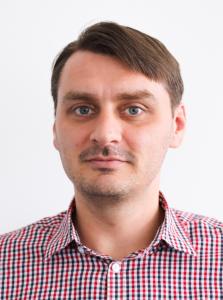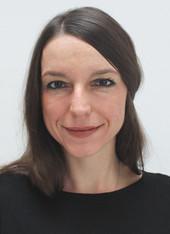"Germany is, thinks and acts too complicated," according to the National Regulatory Council. "Sluggish, unimaginative, self-righteous" is the corresponding narrative equating legitimacy with performance; often supplemented by the supposedly exemplary infrastructure projects of authoritarian states. The discussion about administrative modernization, which is as old as it is emotional, is modernization is oftentimes used to project state criticism. What it could be, however, is a debate about the principles of state organization.
Nevertheless, the concerns are justified: Decisions appear opaque, procedures lengthy, administration inefficient and digitization unused. As a result, only 38 percent of Germans still have confidence in their state. Efficiency alone cannot be a criterion for state legitimacy, but effectiveness can. To be more effective, a fundamental modernization of the public administration of Germany is needed. Proposals for this are legion, rarely differing in their goals, but oftentimes neglecting the multitude of veto players in the German political system. Hardly any sector is as determined by conflicting goals as the public administration. Administrative modernization is therefore not a zero-sum game, but a goal whose achievement also requires concessions.
There are two principles for leveraging administrative modernization: structural change and process simplification. The prerequisites for this are monitoring and evaluation. Systematic impact controll of government services is the sine qua non of a functioning state.
Proposals for administrative modernization, however, are mostly executive and federal in nature or technical and focused on digitalization. The former corresponds to the desire for the “big bang”, the latter to an iterative process of small steps to keep pace with digitalization in the first place. However, many claims for a functioning state ignore the actual challenge: state modernization is a normative issue first and only then a regulatory one.
Topics
About this series
The series informs in a concentrated form about important positions of the Konrad-Adenauer-Stiftung on current topics. The individual issues present key findings and recommendations, offer brief analyses, explain the Foundation's further plans and name KAS contact persons.
Disability Rights & Advocacy: Building a More Equitable Nation
High-Impact Tutoring: an effective lever for improving basic skills
Municipalities in (demographic) change – Strategies to reduce regional imbalances
Regional Implications of the Fall of Assad
Albania and religion – a globally unique case




